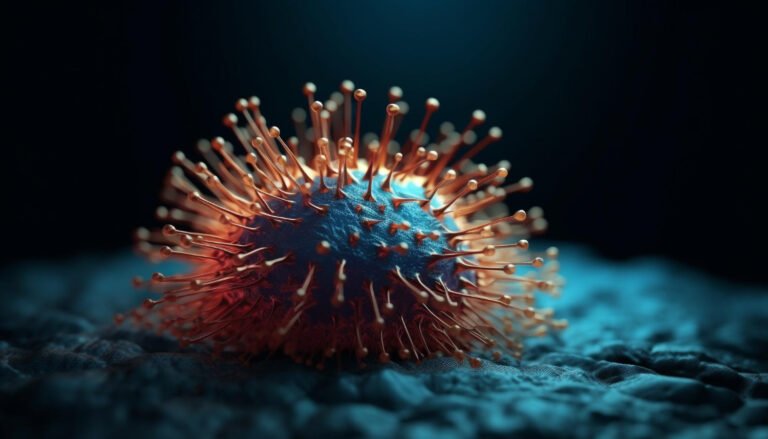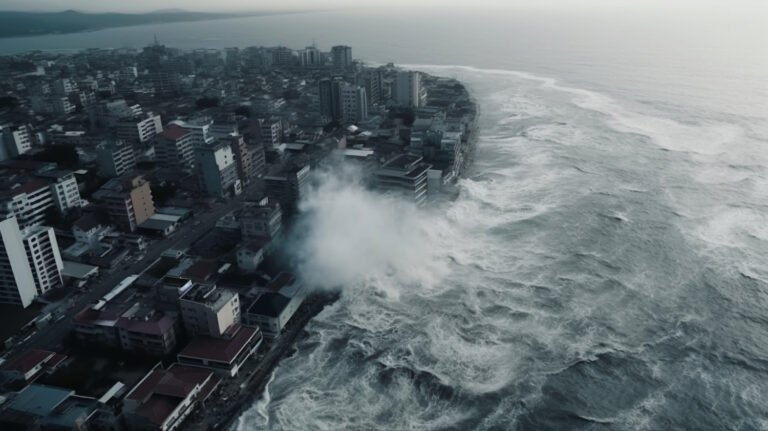Key Health Lessons from Cyclone Gabrielle for Future Disaster Response
A recent study highlights crucial health lessons learned from Cyclone Gabrielle, which severely impacted northern New Zealand in early 2023. Researchers emphasize the importance of prioritizing vulnerable populations, investing in mental health support, and ensuring reliable medical supply chains to remote areas. The study also underlines the need for better resourced local support networks and shifting financial resources to empower community-led initiatives in disaster preparedness and recovery.
Key Points
- Prioritize Vulnerable Populations: Ensure older adults, disabled individuals, and those with complex health needs are not neglected during evacuations and post-disaster support.
- Mental Health Support: Increase awareness and investment in trauma recovery for affected communities, including first responders who face significant psychological stress.
- Access to Medical Supplies: Improve coordination and transportation of essential medicines and medical staff to isolated areas during disasters.
- Support Local Networks: Recognize and integrate local organizations like marae, schools, and non-profits, which play pivotal roles in disaster response and recovery.
- Community Empowerment: Harness local knowledge and connections to foster resilience, focusing on preparedness, communication, and resource sharing at the community level.
Summary
The aftermath of Cyclone Gabrielle has provided important insights into the health priorities for future disaster responses. Key recommendations include prioritizing vulnerable populations, bolstering mental health support, improving access to medical supplies, supporting local networks, and empowering community-led resilience initiatives. Ensuring these actions are integrated into disaster planning will help minimize the health impacts of extreme weather events, which are becoming more frequent due to climate change.
Based on an article published in The Conversation.







